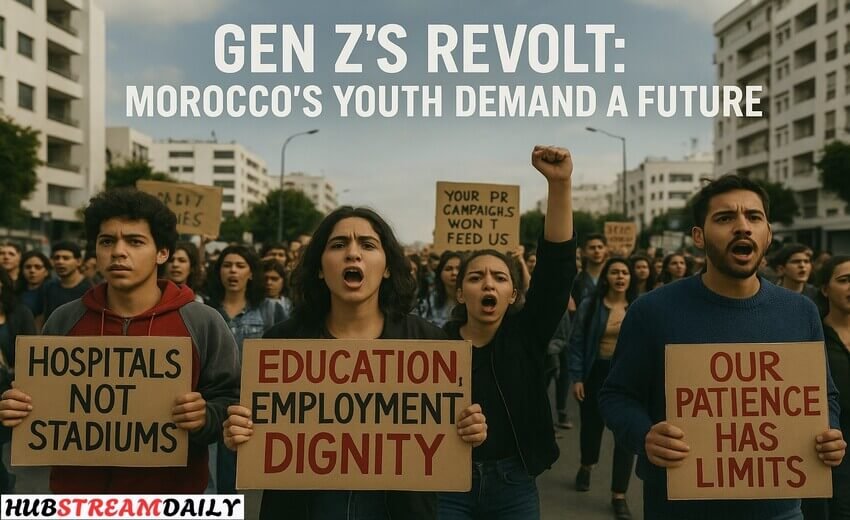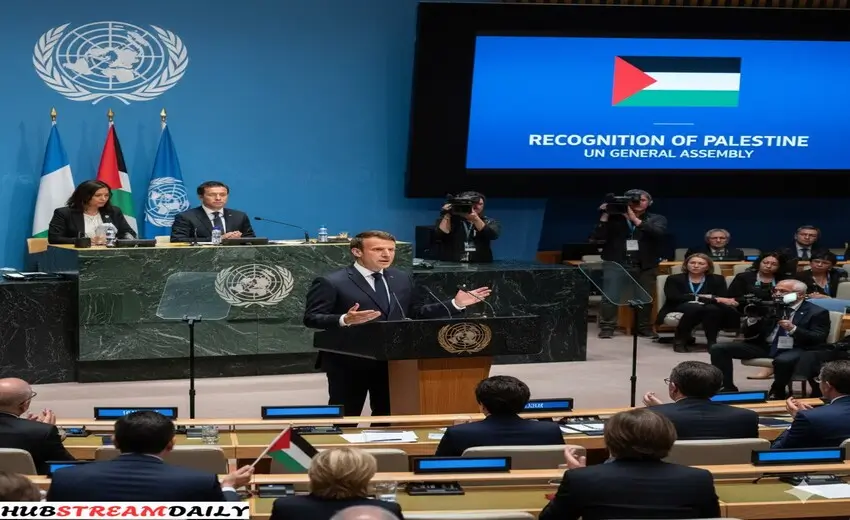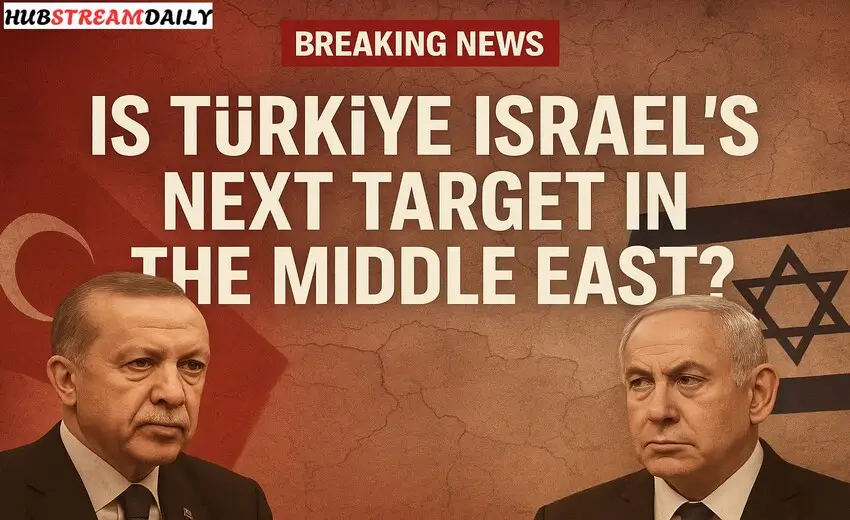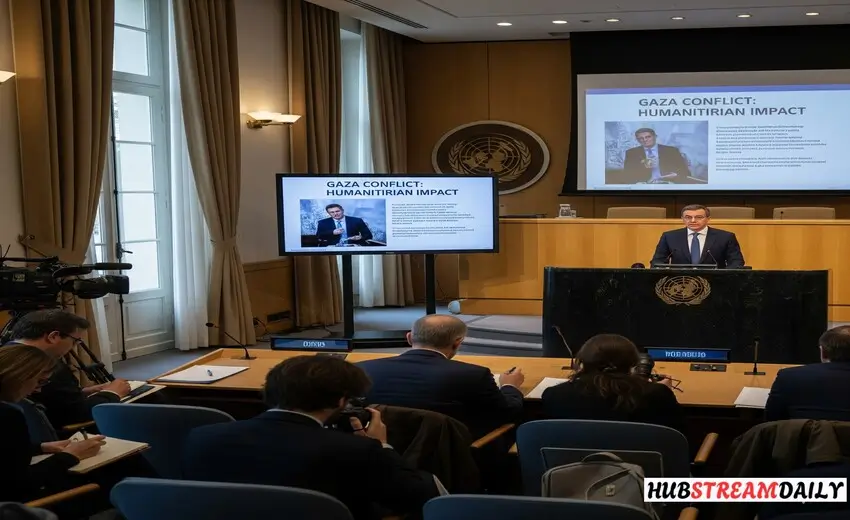
In May 2023, when the World Health Organization (WHO) proclaimed that Mpox (previously known as monkeypox) was no longer a Public Health Emergency of International Concern (PHEIC), it turned the page in the world-wide battle against communicable diseases. Although the earth might have seen the light at the end of the tunnel, the announcement did not imply that the eradication of the virus was complete. Thus, the situation in Africa, the continent that once used to be the most infected with mpox, is quite the opposite; the fight continues.
The new stage not only brings advantages but also challenges to tackle the same neglected old problem.
What Is Mpox?
Mpox is a viral disease caused by monkeypox virus, a close relative of smallpox virus, both are members of the orthopoxvirus family. The disease was first human identified in the Democratic Republic of Congo (DRC) in the 1970s, and it was then considered a rare zoonotic infection that was almost entirely limited to the remote forested areas of Central and West Africa.
The common symptoms are fever, headache, muscle weakness, swollen lymph nodes, and an unusual rash that goes through the stages of pustules. In most cases, the disease is mild, but severe cases and even fatalities are possible, especially in the case of children, pregnant women, and immunocompromised individuals.
For a very long time mpox had been a neglected tropical disease that was the cause of misery to the poor, rural communities that were located far away from the scope of the international attention. However, this state of affairs shifted in 2022, when a global outbreak extending over 110 countries was reported with over 90,000 cases and a number of deaths.
Why the WHO Lifted the Emergency Declaration
The WHO decision to downgrade the emergency was made after months of gradually declining mpox cases worldwide. In Europe and the Americas, which were the regions most affected during the global spread, the outbreak was controlled through successful vaccination campaigns, community awareness, and improved surveillance.
On the same day Dr. Tedros Adhanom Ghebreyesus, WHO Director-General, told the world:“We have turned a corner, but Mpox is still a public health threat in some areas, especially in Africa, where the disease keeps spreading and resources are limited.”
That is to say that the removal of the international emergency health measure was indicative of advancement, not complete success.
The Situation in Africa: Why Mpox Persists
The difference is, that in Europe and the Americas, the number of cases dropped sharply after vaccination rollout and public health measures whereas, in Africa, the transmission is still ongoing.
1. Endemic Presence
Mpox has been an indigenous disease in numerous African countries for over the years. In particular, the Democratic Republic of Congo, Nigeria, Cameroon, and Central African Republic are the main contributors. The regions are plagued with disease outbreaks mostly due to the community’s exposure to infected animals, poor health management, and lack of accurate reporting of infections.
2. Limited Vaccines and Treatments
A wealthy countries could stock Jynneos (MVA-BN)-the vaccine for smallpox andmpox, which is the same as the one for mpox-was not the case with Africa that had to suffer the lack of vaccines. Some countries received few or no doses at all, so large parts of the population remained without protection.
3. Weak Surveillance Systems
Disease surveillance and testing facilities are often inadequate in rural and conflict-affected areas. Most of the infections may be unrecognized, and the causes of death may not be accounted for. This situation creates a “blind spot” that the virus continues to operate without being athletes.
4. Stigma and Misconceptions
Mpox is a poorly known disease in most African communities. The social stigma that surrounds the disease discourages people from going to the doctor, while misinformation is an obstacle to the public health campaign. During the 2022 outbreak, the virus was falsely associated with certain social groups, which hindered the response.
Rising Concerns: What Experts Fear
Experts doubt that it is a good idea to brush off the mpox issue even if the global emergency status is not maintained.
- Risk of Resurgence: With the worlds’ attention shift away from the problem, resources, and political will, may be used for other things, leaving African countries exposed to outbreaks that can later spread worldwide again.
- Mutation Possibility: As any other virus, mpox can also mutate. Scientists concern that that’s unchecked transmission provides an opportunity for more aggressive to appear strains.
- Burden on Fragile Health Systems: The African continent is suffering healthwise because of the four diseases named, besides the situation with mpox, it has become a crisis of overlapping dangerous diseases.
Ifedayo Adetifa, the Director-General of the Nigeria Centre for Disease Control (NCDC), made the following remark:
“The world is not in a position to pass the mpox problem off as Africa’s issue only. What happens here never stays here. It is going to be another international emergency only if the transmission is allowed to go on unchecked.”
Lessons From the Global Outbreak
The mpox crisis in 2022 was the world’s call to attention. There are several lessons that can be drawn from it.
- Infectious diseases are not limited to their lands. The virus that was “African” only, has come to be known as one that spreads to the other continents within a few weeks after it was discovered in Africa.
- Access to the vaccine on an equal basis is a must. The huge difference in vaccine availability in the West and Africa clearly showed the same inequalities already noticed in the COVID-19 pandemic.
- Community engagement is necessary. The targeted education among high-risk groups in Europe is one of the reasons why the transmission has been controlled there. Similar approaches should be implemented in the African context.
The Way Forward for Africa
Even if mpox was not labeled a global emergency, the continent of Africa would still be in dire need of a well-organized plan to tackle the disease. Several actions have been suggested by specialists to be taken as a starting point.
1. Strengthening Surveillance
Early detection of outbreaks demands that countries set up well-equipped laboratories, rapid testing, and community reporting systems.
2. Expanding Vaccine Access
WHO and other global health partners must come to the rescue of African countries and not give the vaccines as charity but as a health security measure for all the earth to do so.
3. Public Awareness Campaigns
Health education that is sensitive to cultural differences can reduce stigma and encourage patients to seek help. Religious leaders, community elders, and local influencers can be pivotal.
4. Integrating Mpox Into Routine Health Systems
Instead of crises only being addressed when outbreaks are seen, governments should integrate mpox with other infectious disease programs, such as measles, HIV, and tuberculosis.
5. International Solidarity
The lesson from the COVID-19 pandemic is that no country is safe unless all are. International donors and institutions must keep financing Africa’s mpox response, even after the media coverage is over.
A Continent on Alert
While the world is rejoicing over accomplishments, African doctors and nurses are receiving mpox patients weekly. In rural hospitals of Nigeria, the cases are referred to as chickenpox most of the time. In DRC, kids are still dying of complications in the most secluded villages.
Do not misunderstand the removal of the emergency as a signal that everything is ok. Rather, the situation has to remind the public that infections multiply in the absence of proper attention.
At Last, A Test of Global Solidarity,The story of mpox is, at its heart, a story about neglect, inequality, and resilience. When it reached Europe and America, the world took notice. When it was confined to African villages for decades, it was largely ignored.
Now that the immediate crisis has eased, the temptation for the international community will be to move on. But the virus has not disappeared. For Africa, it remains an urgent, ongoing challenge—one that could once again spill across borders if left unaddressed.
The world has a choice: treat mpox as a lesson learned and commit to building fairer, stronger global health systems, or repeat the mistakes of the past and wait for the next crisis to knock on the door.
As one Nigerian health worker put it:
“Mpox may no longer be a global emergency, but here in Africa, it is still an everyday emergency.”





